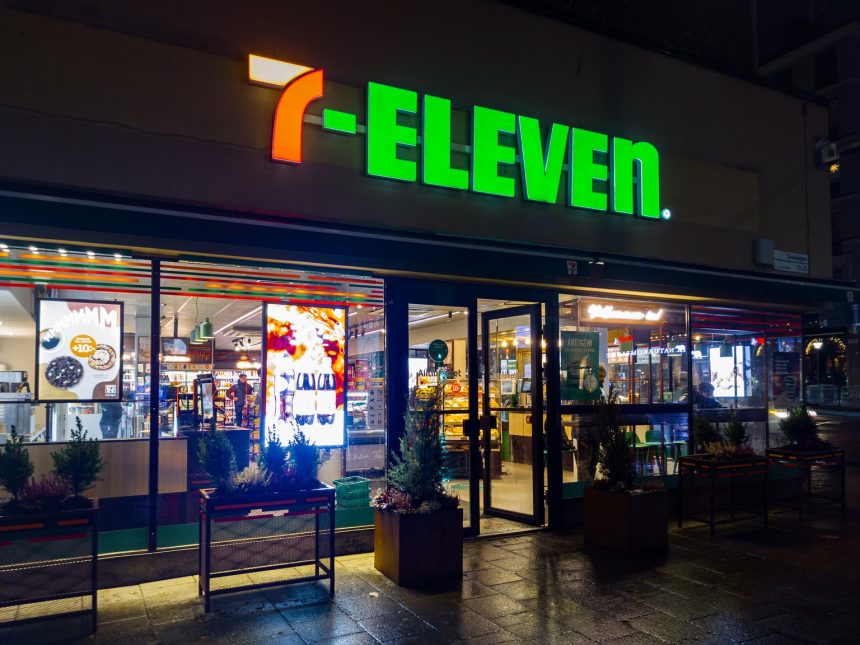Abandoned bid
What could have become a convenience store empire is now being seen as not all that convenient. Canada’s Alimentation Couche-Tard (OTCPK:ANCTF) has withdrawn its $47B proposal to buy 7-Eleven parent company Seven & i Holdings (OTCPK:SVNDY) following a long year of discussions. The tie-up would’ve resulted in a Big Gulp, combining the Circle K operator’s network of more than 17,000 stores with the Slurpee parent’s 85,800 locations.
Backdrop: Interest in a takeover is said to have gone back decades, but things only got serious in 2024, when Couche-Tard launched a formal $39B bid that was rejected. The offer was later raised to $47B, though 7-Eleven appeared to play hardball with the founding Ito family attempting a rival buyout before financing fell through. There might have been careful calculation on how to keep Japan’s most successful brand from falling into hands overseas, though drawn-out valuation, structural and regulatory concerns didn’t help the situation.
The final straw for Couche-Tard was what it called a “calculated campaign of obfuscation and delay” and a “persistent lack of good faith engagement.” “There has been no sincere or constructive engagement that would facilitate the advancement of any proposal,” Couche-Tard wrote in a letter to Seven & i’s board, though the latter classified the stance as a “mischaracterization.” Seven & i shares dropped 9% in Japan following the news.
7-Eleven history: It all began in 1927, when convenience stores were attached to Southland Ice Company shops across the U.S. (this was before mainstream refrigeration). The locations eventually gained in popularity by staying open on weekends and for notable branding efforts that made them known as Tote’m Stores. Their name was changed to 7-Eleven in 1946 to reflect expanded business hours, while in 1973, Japanese chain Ito-Yokado signed an agreement to develop 7-Eleven convenience stores in the country. Two decades later, Ito-Yokado acquired a 70% stake in Southland Corporation, which was later expanded to 100% in 2005, when its collective businesses were reorganized into the holding company Seven & i Holdings.
Read the full article here


